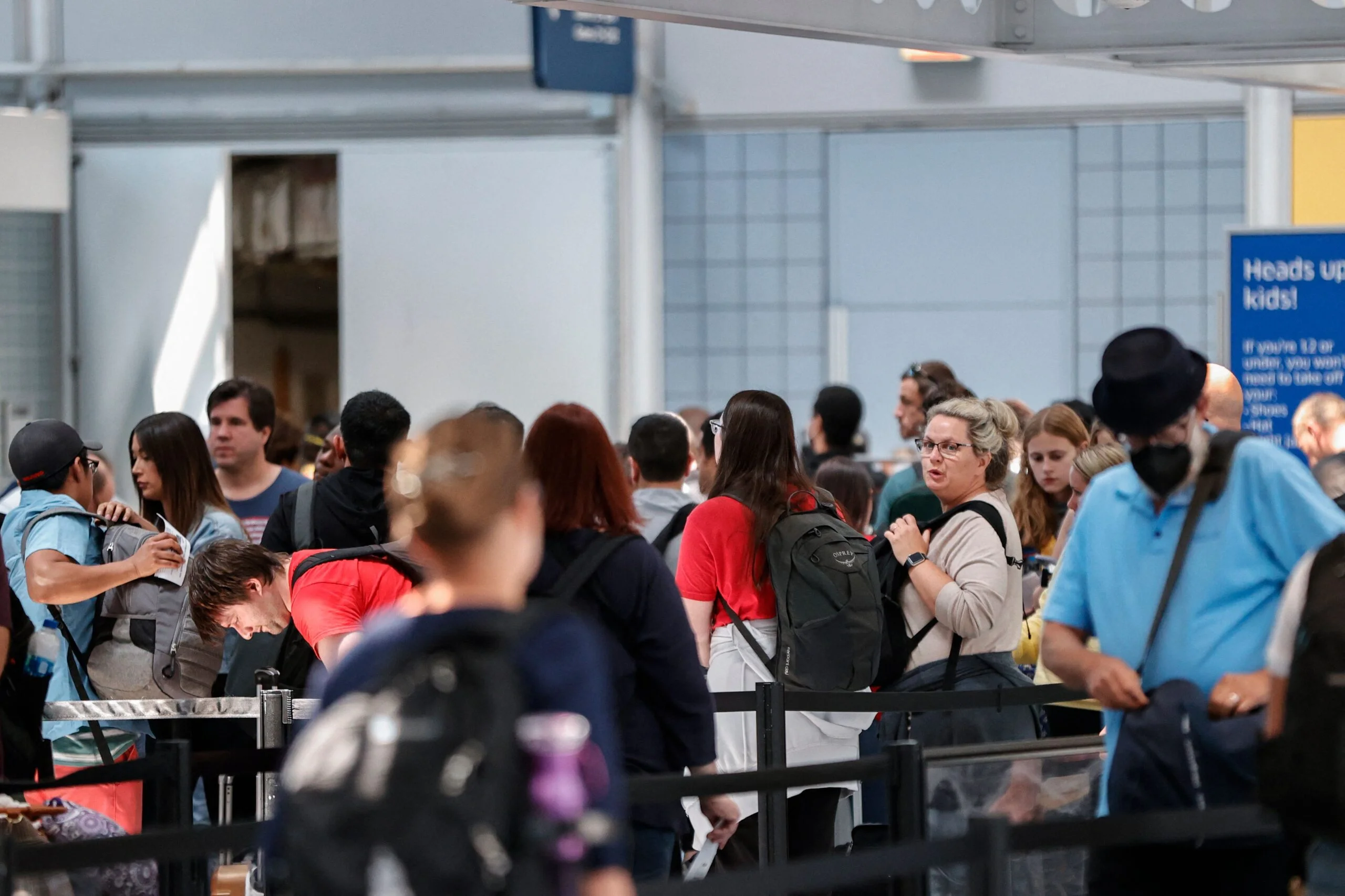
Introduction:
Perseroan Terbatas (PT) is the Indonesian equivalent of a limited liability company (LLC) in other jurisdictions. It is the most common form of business entity in Indonesia, chosen for its flexibility, limited liability protection, and ease of incorporation. This article provides an overview of PTs, their characteristics, and the various types that exist within the Indonesian business landscape.
Characteristics of Perseroan Terbatas (PT):
1. Limited Liability:
One of the key features of a PT is limited liability. This means that the shareholders’ liability is limited to the amount of their investment in the company. Personal assets of shareholders are protected from the company’s debts and obligations.
2. Separate Legal Entity:
A PT is a separate legal entity from its shareholders. It can own assets, enter into contracts, sue, and be sued in its own name. This separation ensures that the company’s actions and liabilities are distinct from those of its owners.
3. Ownership Structure:
PTs can have one or more shareholders, who can be individuals or legal entities. The ownership structure can be simple or complex, depending on the needs and preferences of the shareholders.
4. Management Structure:
PTs are managed by directors who are appointed by the shareholders. The directors are responsible for the day-to-day operations of the company and act on behalf of the shareholders.
5. Regulatory Compliance:
PTs are subject to various regulatory requirements, including registration with the Indonesian Ministry of Law and Human Rights, compliance with tax obligations, and adherence to corporate governance standards.
Types of Perseroan Terbatas (PT):
1. PT Biasa (Regular PT):
This is the most common type of PT and is suitable for most business activities. It requires a minimum of two shareholders and can engage in various commercial activities, including trading, manufacturing, and services.
2. PT Penanaman Modal Asing (PT PMA):
PT PMA is a foreign investment company in Indonesia. It is established by foreign investors and is subject to certain restrictions and requirements imposed by the Indonesian Investment Coordinating Board (BKPM). PT PMAs are often preferred by foreign investors seeking to establish a presence in Indonesia.
3. PT Anak (Subsidiary PT):
A subsidiary PT is a company that is wholly or partially owned by another company, known as the parent company. Subsidiary PTs operate independently but are ultimately controlled by the parent company, which holds a majority of the shares.
4. PT Patungan (Joint Venture PT):
A joint venture PT is formed by two or more parties who come together to pursue a specific business opportunity or project. Each party contributes capital, resources, or expertise to the joint venture, and profits and losses are shared according to the terms of the joint venture agreement.
5. PT Koperasi (Cooperative PT):
A cooperative PT is a type of PT that is formed by a group of individuals or other cooperatives to carry out economic activities for the mutual benefit of its members. Cooperative PTs are governed by cooperative principles and are commonly found in sectors such as agriculture, fisheries, and retail.
Conclusion:
Perseroan Terbatas (PT) is a versatile and widely used business entity in Indonesia, offering limited liability protection, flexibility in ownership and management, and a range of types to suit different business needs. Whether it’s a regular PT, a foreign investment company, a subsidiary, a joint venture, or a cooperative, PTs play a crucial role in driving economic growth and development in Indonesia. Understanding the characteristics and types of PTs is essential for entrepreneurs and investors looking to establish a presence or expand their business in the Indonesian market.
FAQ’s:
- What is a Perseroan Terbatas (PT)?
A: Perseroan Terbatas (PT) is a legal entity in Indonesia similar to a limited liability company in other jurisdictions. It’s a business structure where the liability of shareholders is limited to their shares in the company.
- How is a PT structured?
A: A PT is typically structured with shareholders, directors, and commissioners. Shareholders own the company’s shares, directors manage the day-to-day operations, and commissioners oversee the directors’ activities.
- What are the requirements to establish a PT?
A: Requirements may vary, but generally, you need a minimum number of shareholders (at least two), a minimum amount of paid-up capital, a registered office address in Indonesia, and compliance with relevant regulations.
- What are the advantages of forming a PT?
A: Limited liability protection for shareholders, separate legal entity status, ease of raising capital through share issuance, and favorable treatment under Indonesian business laws.
- How is a PT taxed?
- PTs are subject to corporate income tax in Indonesia. The current corporate tax rate is variable, depending on the company’s annual revenue and other factors.
- Can foreigners own a PT?
A: Yes, foreigners can own shares in a PT. However, there are restrictions in certain sectors, and foreign ownership limitations may apply in certain industries.
- What are the compliance requirements for PTs?
A: PTs must comply with various regulations, including filing annual financial statements, holding regular shareholder meetings, maintaining proper accounting records, and adhering to corporate governance standards.
- How long does it take to establish a PT?
A: The timeline for establishing a PT can vary depending on factors such as the completeness of required documents, approvals from relevant authorities, and processing times. It typically takes several weeks to a few months.
- Can a PT be dissolved?
A: Yes, a PT can be dissolved voluntarily by shareholders or through legal proceedings. Dissolution procedures involve settling debts, liquidating assets, and fulfilling legal obligations.
- Where can I find more information about PTs?
A: You can refer to legal and business advisory services, government websites, and relevant regulations such as the Indonesian Company Law (Undang-Undang Nomor 40 Tahun 2007 Tentang Perseroan Terbatas). Additionally, consulting with legal experts familiar with Indonesian business law is recommended for detailed guidance.









